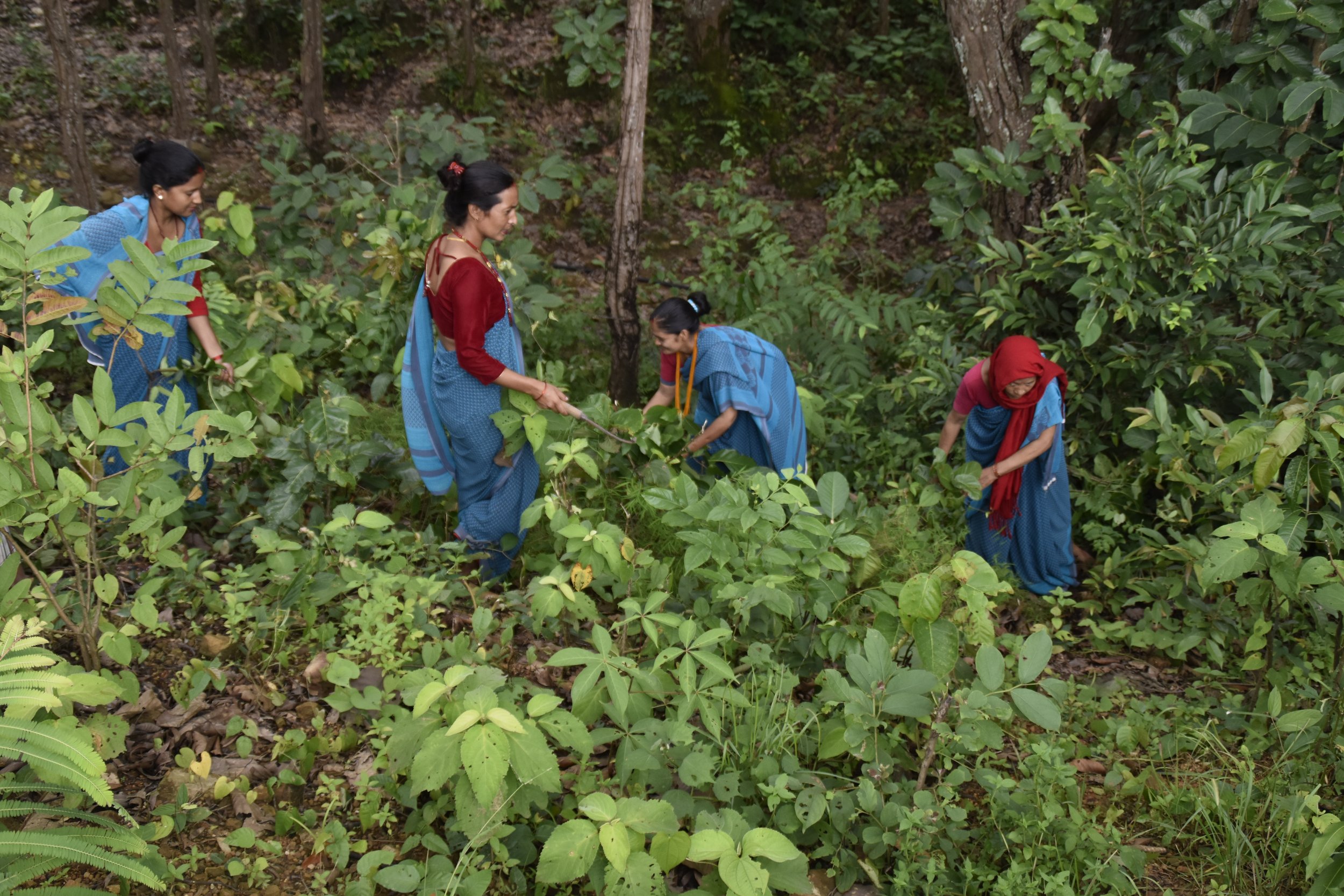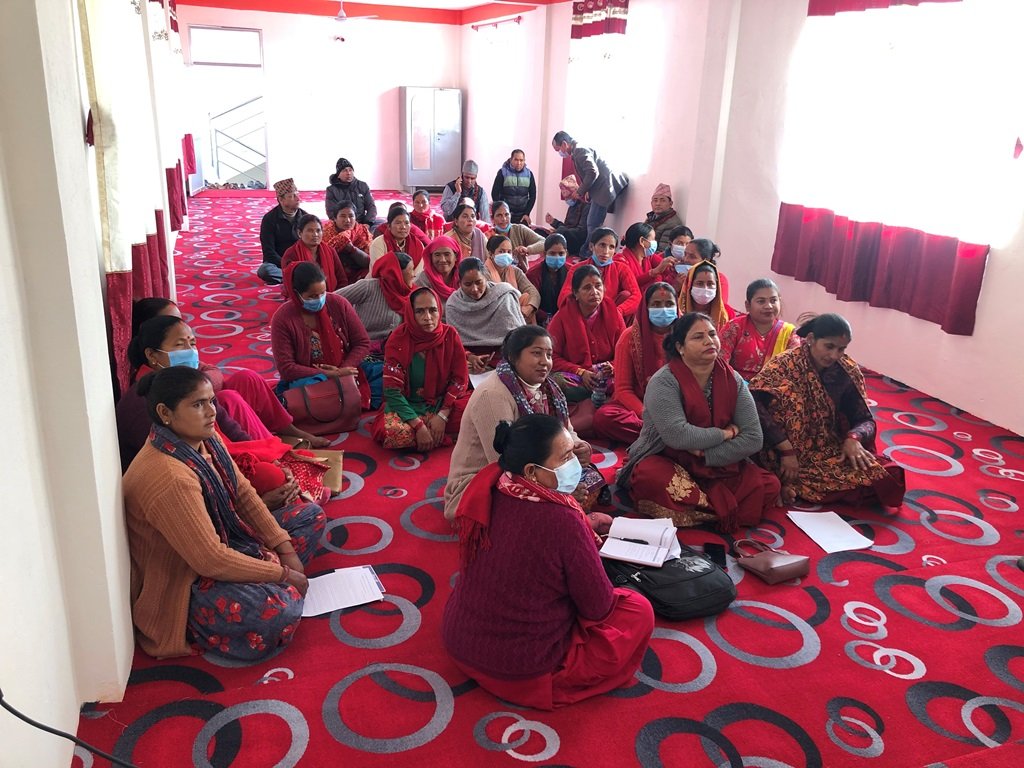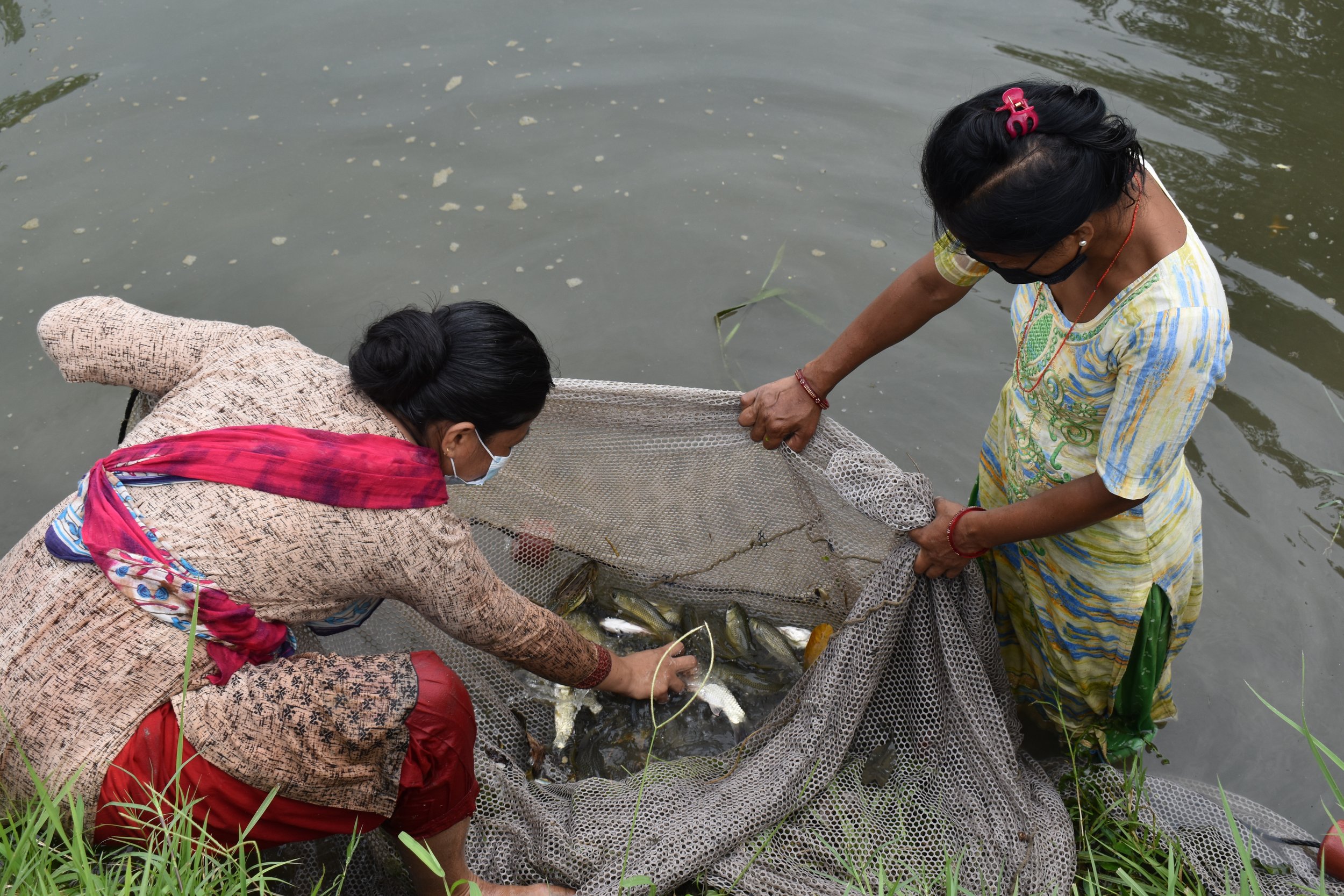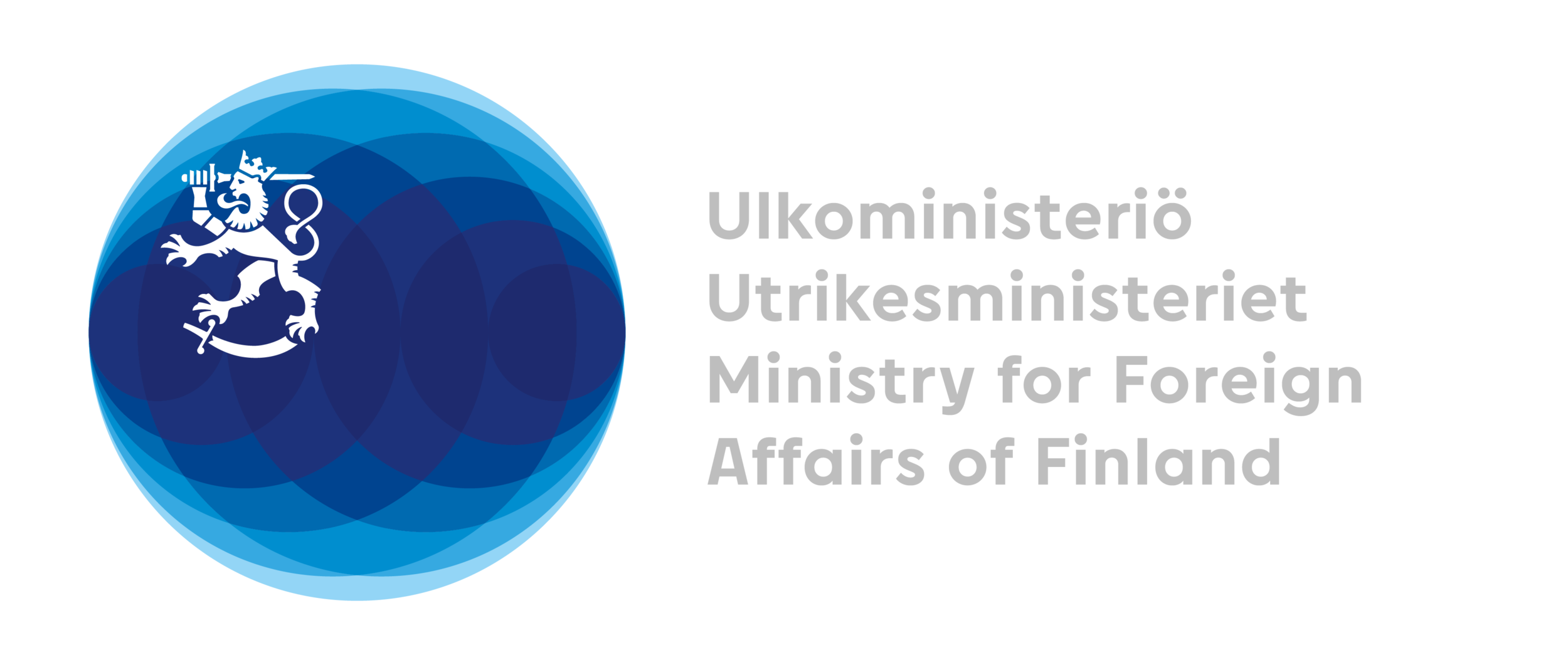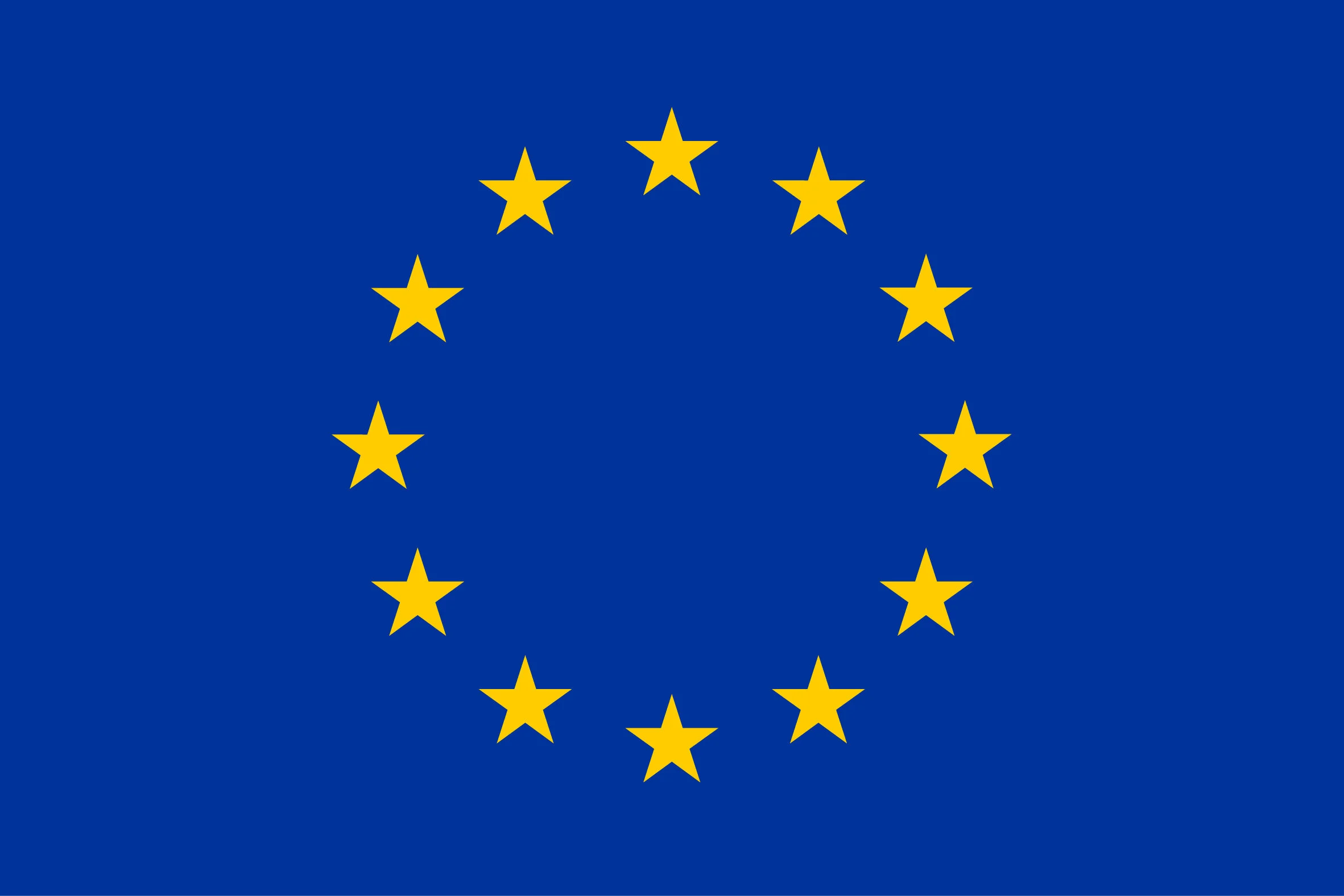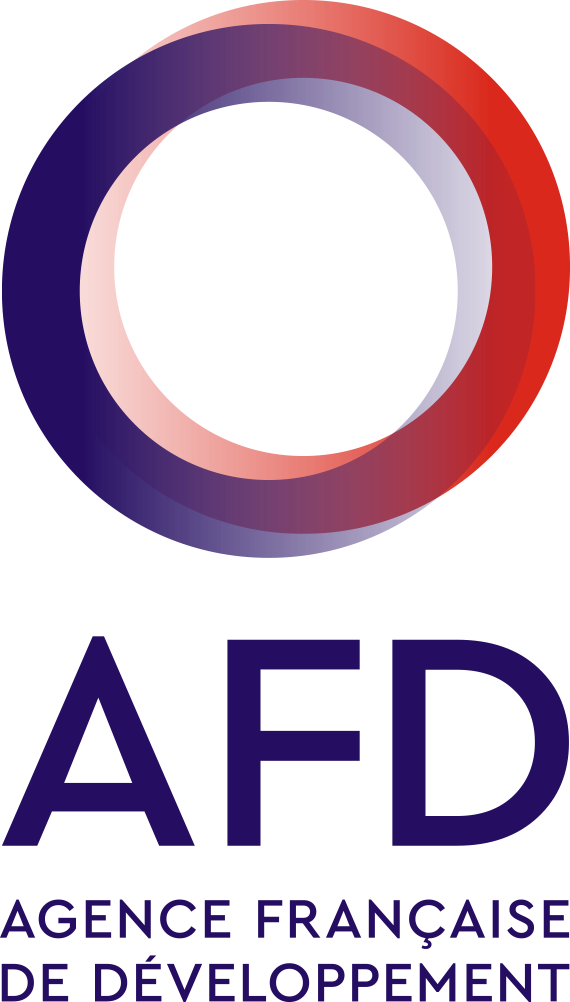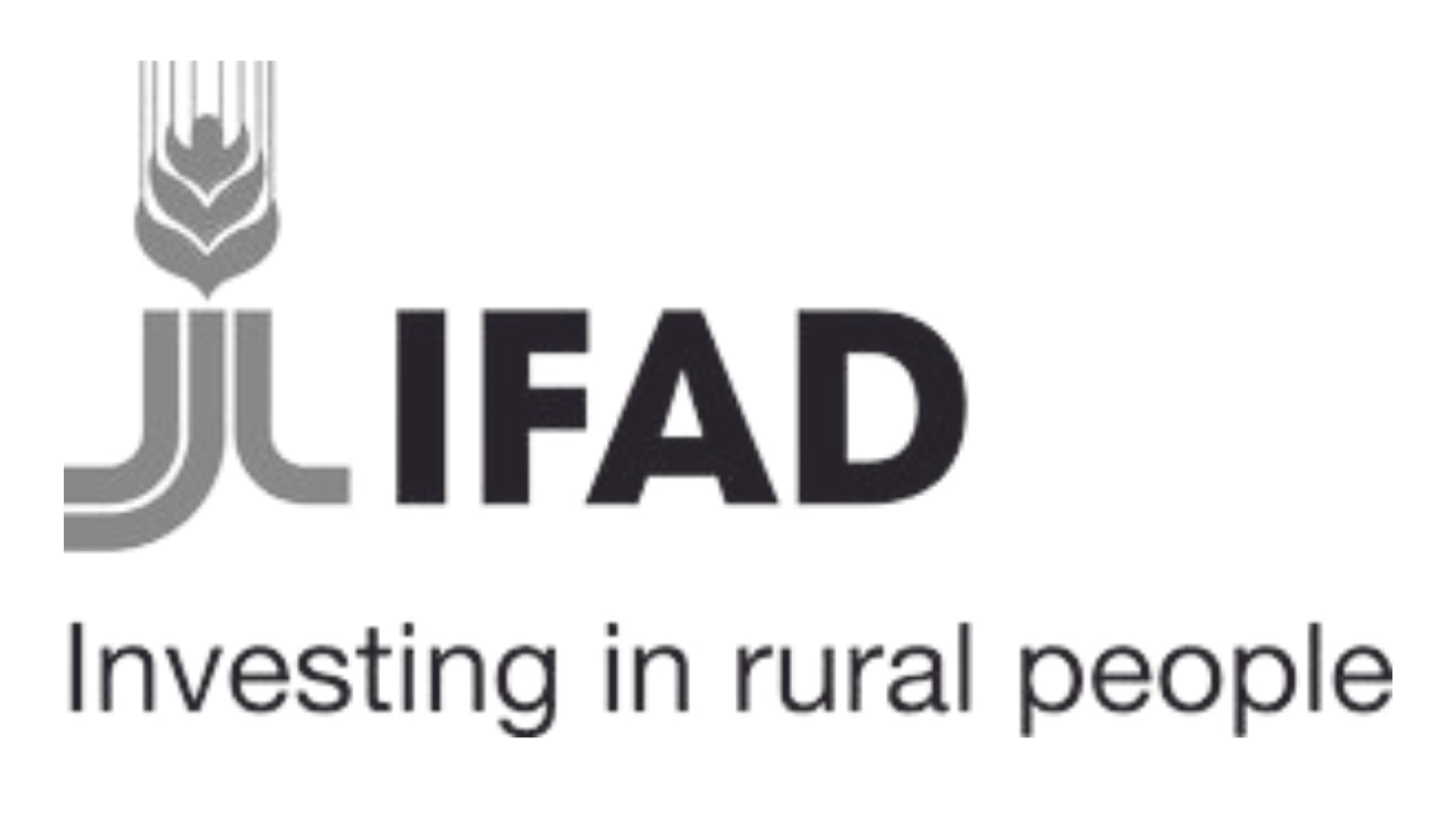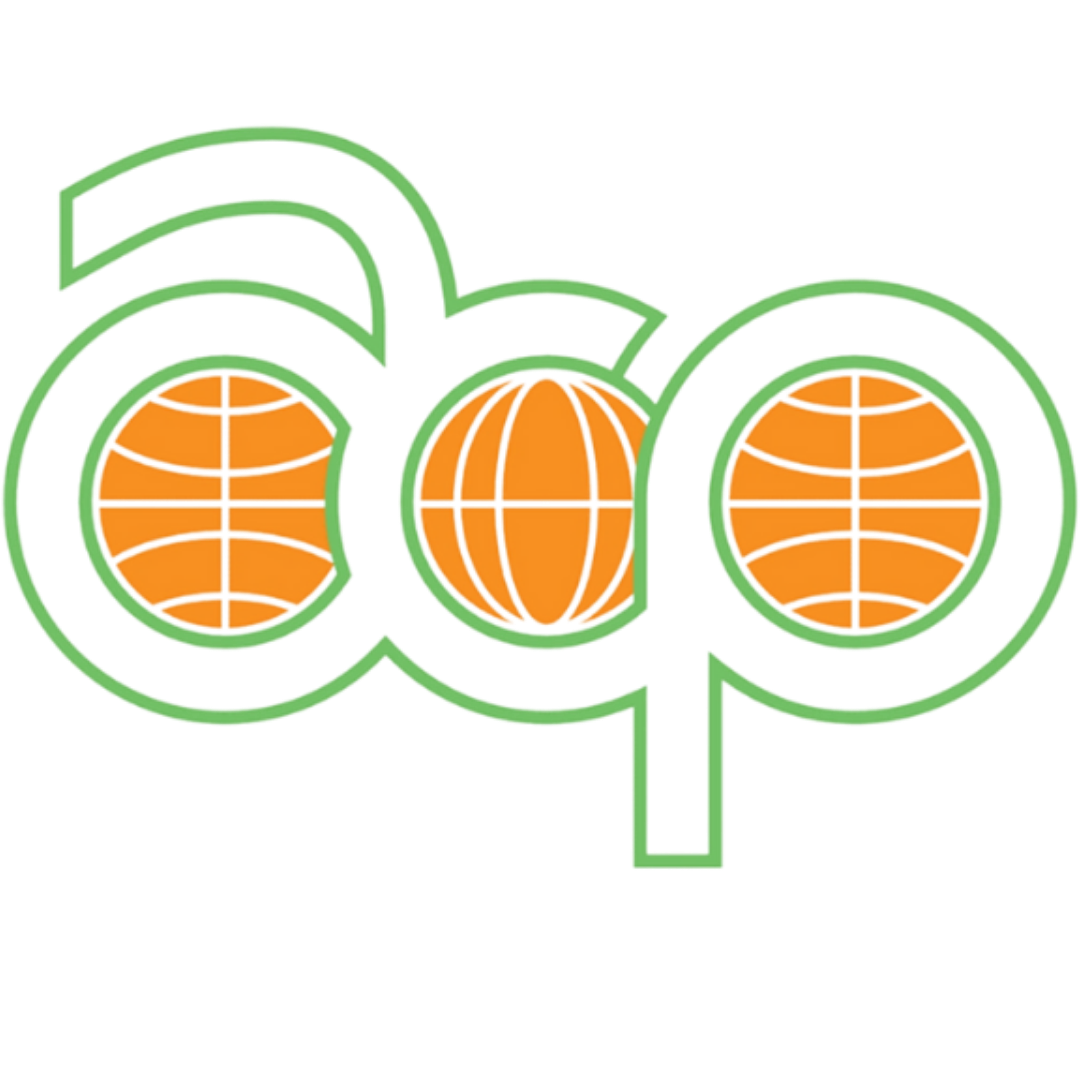The Nepalese economy is highly dependent on its agricultural sector, which engages over 65 per cent of the population. The sector is, however, very vulnerable to disasters and impacts of climate change, including floods, droughts, landslides and intense rain. Food security is therefore highly negatively affected and the livelihoods of marginalised groups like women are, in turn, at risk. The forestry and fish-farming sectors in Nepal are traditionally male-dominated sectors where women’s roles and voices are quite limited. Comprehensive approaches to building resilience for livelihoods development in the forestry and fish-farming sectors are necessary and this also includes the empowerment of women.
The year 2021 has marked the first year of operations of the ‘Women for Entrepreneurship and Resilience’- transforming fish-farming and forest value-chains’ project in Nepal. This four-year collaboration between the Federation of Community Forestry Users (FECOFUN), Sundardeep Women’s Fish-farming Cooperative (Sundardeep), Amritpur Social Entrepreneur Cooperative Ltd. (ASEC) and the Finnish Agri-Agency for Food and Forest Development (FFD) aims to enhance women’s income generation, entrepreneurship and livelihoods resilience. The main project focus is to develop resilience to climate change and disaster-risks, by developing climate-smart production, income generation and community-based enterprises, in three regions of Nepal: Dang, Chitwan and Nawalparasi.
The beneficiaries consist of 18 farmer organisations that have committed to gender equality and enhancing services directed to women and enhancing advocacy of their total 1200 women members, with this advocacy support indirectly reaching over 6000 persons. All the three organisations have collaborated with FFD in the past, whereby the development of women groups and cooperatives has been supported. There is, therefore, already a strong foundation for the current collaboration, to build on.
However, initiating the activities in the midst of a pandemic has certainly not been easy. In Nepal, there have been strict restrictions of movements between and within regions. This has made it very difficult to organise meetings and gatherings necessary for instance trainings, or even for gathering of information needed for making an in-depth analysis of the climate and disaster risks for each region involved, and sector-wise for the forestry and fish-farming sector. The pandemic has enhanced a digital leap, just like in many parts of the world. Although Zoom meetings have become part of the norm, connectivity, electricity cuts and digital literacy remain a huge challenge. Digital tools cannot still be solely be relied on, to implement the activities on this project.
Simultaneously, there have been climate-related incidences that have made it challenging to initiate the project activities. This year, about 65 hectares of forest in the forest areas, occupied by the community forest user groups supported in the Dang region, were lost to forest fires. This led to the making of monitoring plans for forest fire sensitive areas. The community forest user groups, especially women, however, continue to fear new forest fires. The monsoon season also started earlier this year, already in June. Massive floods and landslides in the Chitwan and other districts of Nepal, resulted in human casualties, damage to infrastructure, and harvest losses. In addition, people lost livestock and their homes, and the incessant rainfall resulted logistical problems, when roads and bridges being damaged. Fish-farming also suffered when damage to fishponds occurred and fish mortalities occurred.
Women tend to greatly experience fear and anxiety in these situations, fearing for the lives of their children, their parents and larger extended family and, for themselves. Pre-existing hierarchies and inequalities in access to resources, capabilities and opportunities make vulnerable groups even more vulnerable, a never-ending vicious circle. The needs of rural women are thus, important to consider when creating response, readiness and recovery strategies.
The project’s aims are being achieved through a co-creation model, where women’s perspectives are taken into account. A participatory climate and disaster risk assessment was conducted in the second half of 2021, and its resulting recommendations will be implemented in 2022. These, among others, include building on the indigenous knowledge of local communities and integrating this knowledge and local practices in sustainable forest management, raising awareness of local communities on how to access resources for climate change mitigation and disaster risk management, and making early warning systems accessible to local communities.
Some mitigation measures have already been put into place, for example, FECOFUN, with provincial officials, organised a workshop for women members of Sundardeep and ASEC to share information about legal provisions for the enhancement and developing of women’s capacity. In addition, the women were provided information on provincial government grants and programmes for enhancing women entrepreneurship. In ASEC, a routine plan for forest fire monitoring was developed for six community forest user groups and is now in active use. In Sundardeep, 86 women fish farmers received support in the preparation of their fishponds, whose dykes were built to withstand floods better. Furthermore, women fish-farmers were also provided information on how stresses from flood and drought impact fish health in carps and how to mitigate these stresses, through regulation of oxygen levels and proper water management techniques.
The coming year 2022 will still present challenges in terms of the ongoing COVID-19 pandemic. However, the lessons learnt in 2021 can help in planning the activities better and more effectively. The three partners FECOFUN, Sundardeep and ASEC have, at the end of 2021, discussed on their 2022 plans and activities. One main aim is to better facilitate effective and constant communication between the beneficiaries, allowing them to exchange information and learning. Although, encompassing three different geographical regions and two different agricultural sectors, the women can definitely learn from each other, and the project provides a platform through which social learning can be utilised in creating sustainable strategies for climate change related response, readiness and recovery, to create better and improved social safety nets and improved livelihoods in the project regions.
Roseanna Avento, Kobe Global
Twinning Partner Representative Finnish Fish Farmers’ Association
The project: ‘Women for Entrepreneurship and Resilience - transforming fish-farming and forest value-chains in Nepal’ is funded by the Ministry for Foreign Affairs of Finland from 2021-2024

